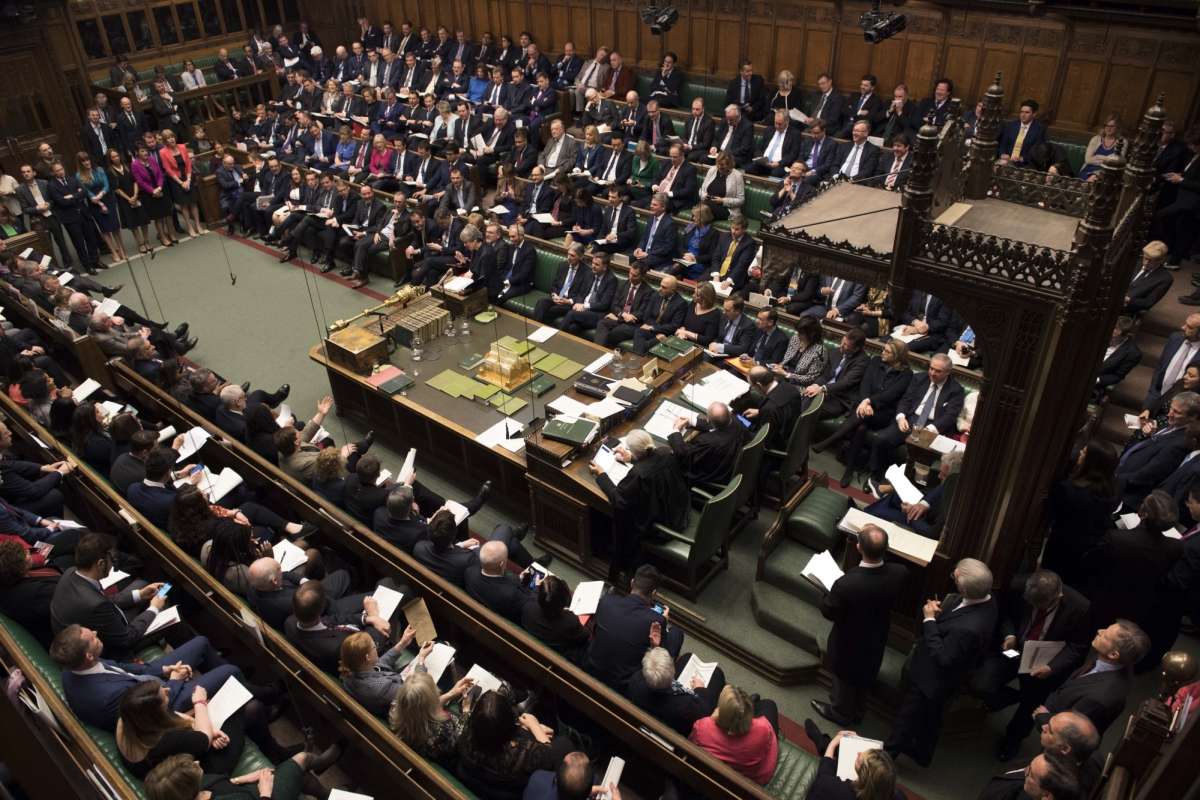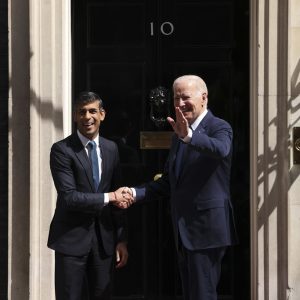Hunt raised the tax in November 2022 from its initial 25% rate to 35%, bringing the overall tax burden on North Sea oil and gas producers to 75%, among the highest in the world…reports Asian Lite News
Finance minister Jeremy Hunt is expected to announce a one-year extension of a windfall levy on energy firms’ profits in this week’s budget, industry sources briefed on the move said.
The energy profit levy (EPL) was introduced in May 2022 after a jump in energy prices resulting from Russia’s invasion of Ukraine.
Hunt raised the tax in November 2022 from its initial 25% rate to 35%, bringing the overall tax burden on North Sea oil and gas producers to 75%, among the highest in the world.
The British chancellor also extended the tax to 2028 from 2025 and expanded it to electricity generators with a levy of 45% in an effort to raise tens of billions of pounds to plug a major hole in public finances.
In his annual tax-and-spend speech on Wednesday, Hunt is expected to extend the levy by one more year to 2029. The tax rate, as well as a 29% investment allowance in the windfall tax that allows companies to offset spending, would remain unchanged, the sources said.
Britain’s finance ministry did not immediately respond to a request for comment. North Sea producers have warned in the past that the higher levy would lead to lower investment in the country’s oil and gas output.
Over the weekend, Hunt sought to dampen speculation about big pre-election tax cuts in this week’s budget, saying there had been a worsening in the economic outlook, but he hinted at some help for voters.
Meanwhile, industry leaders have hit out at reported plans from Chancellor Jeremy Hunt to extend the life of the windfall tax during next week’s Spring Budget.
According to a report from Bloomberg, the Chancellor is considering extending the levy, due to expire in March 2028.
The same report said the move is “low down the list of potential measures under consideration” – so it may not happen – and the Treasury didn’t respond to a request for comment.
Maintaining the energy levy for an extra year would increase the tax take in 2028-2029, the crucial fifth year of the OBR’s forecast horizon during which Hunt’s own fiscal rules state that the national debt must be falling. That would give him a bit of extra breathing space to ease other taxes.














